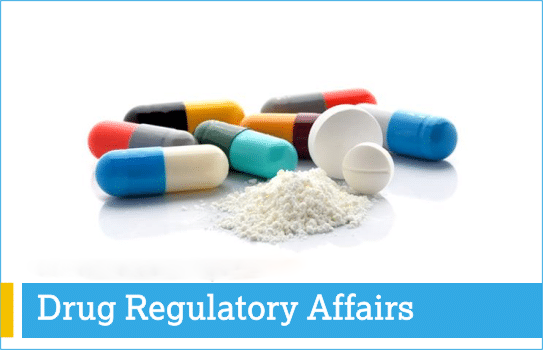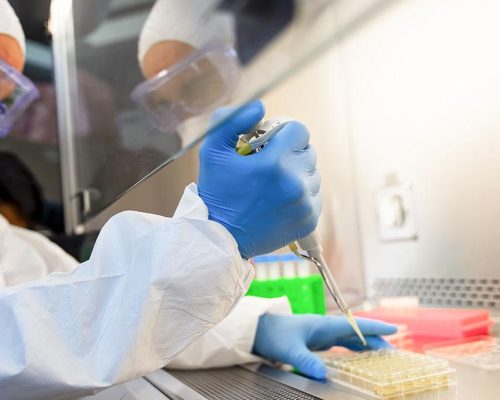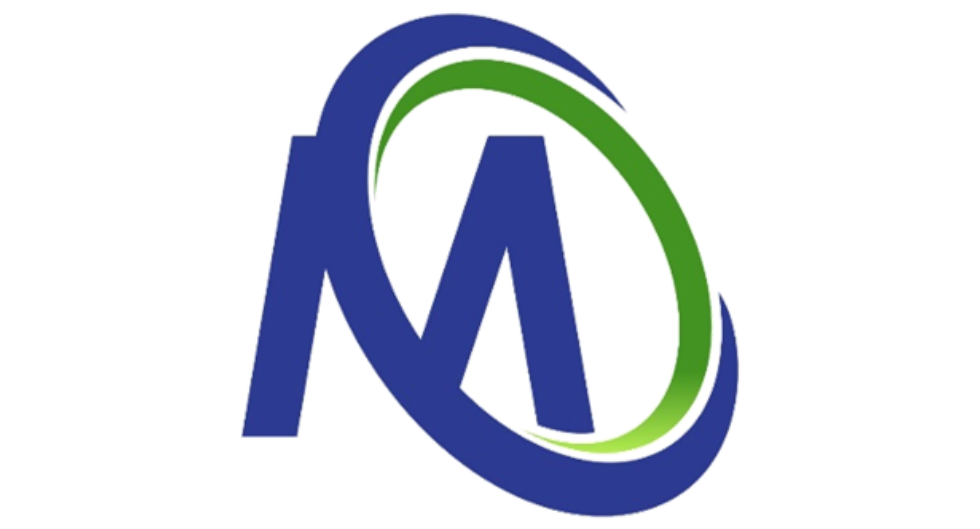Drug Regulatory Affairs
What is Drug Regulatory Affairs
Drug Regulatory Affairs refers to all aspects within the pharmaceutical development process and how they are subject to various degrees of regulation. The drug regulatory affairs (RA) department of a pharmaceutical company is responsible for obtaining approval for new pharmaceutical products and ensuring that approval is maintained for as long as the company wants to keep the product on the market.
There is a growing demand for preclinical testing of Biotechnological products. … Clinical research: In the field of clinical research Drug Regulatory Professional has a vital role in making safe and good quality products related to healthcare. The main objective of regulatory affairs is to provide the basis for the assurance of high quality of food products which can increase consumer’s interest for ensuring the efficacy, quality, and safety.


Understanding Drug Regulatory Affairs
Drug Regulatory Affairs in pharmaceuticals are like vehicle inspectors in the automotive industry. They assess and perform quality checks to ensure that the medicinal drugs, veterinary drugs, and nutritional supplements rolled out by the pharmaceutical industry are safe and effective for the consumers to use.
Drug Regulatory Affairs is a comparatively new profession which has developed from the desire of governments to protect public health, by controlling the safety and efficacy of products in areas including pharmaceuticals, veterinary medicines, medical devices, pesticides, agrochemicals, cosmetics and complementary medicines. A medical regulatory authority is an organization recognized by the government of a country, state, province etc., as being responsible for: the registration/licensure of physicians, whereby such physicians are entitled to practice the profession of medicine
Central Drugs Standard Control Organisation(CDSCO):
Directorate General of Health Services,Ministry of Health & Family Welfare,Government of India is the National Regulatory Authority (NRA) of India.
Drug Regulatory Affairs establish common principles and responsibilities that provide a strong scientific database, efficient organizational arrangements, and procedures to underpin decision making for nutraceutical preparations.
The drug regulatory affairs department of a pharmaceutical company is responsible for obtaining approval for new pharmaceutical products and ensuring that approval is maintained for as long as the company wants to keep the product on the market. It serves as the interface between the regulatory authority and the project team, and is the channel of communication with the regulatory authority as the project proceeds, aiming to ensure that the project plan correctly anticipates what the regulatory authority will require before approving the product. It is the responsibility of Drug Regulatory Affairs to keep abreast of current legislation, guidelines and other regulatory intelligence. Such rules and guidelines often allow some flexibility, and the regulatory authorities expect companies to take responsibility for deciding how they should be interpreted. The Drug Regulatory Affairs department plays an important role in giving advice to the project team on how best to interpret the rules. During the development process sound working relations with authorities are essential, e.g. to discuss such issues as divergence from guidelines, the clinical study programme, and formulation development.
Most companies assess and prioritize new projects based on an intended Target Product Profile (TPP). The Drug Regulatory Affairs professional plays a key role in advising on what will be realistic prescribing information (‘label’) for the intended product. As a member of the project team Drug Regulatory Affairs also contributes to designing of the development programme. The Drug Regulatory Affairs department reviews all documentation from a regulatory perspective, ensuring that it is clear, consistent and complete, and that its conclusions are explicit. The department also drafts the core prescribing information that is the basis for global approval, and will later provide the platform for marketing. The documentation includes clinical trials applications, as well as regulatory submissions for new products and for changes to approved products. The latter is a major task and accounts for about half of the work of the Drug Regulatory Affairs department.
An important proactive task of the Drug Regulatory Affairs is to provide input when legislative changes are being discussed and proposed. In the ICH environment there is a greater possibility to exert influence at an early stage. As a discipline, Drug Regulatory Affairs covers a broad range of specific skills and occupations. Under the best of circumstances, it is composed of a group of people who act as a liaison between the potentially conflicting worlds of government, industry, and consumers to help make sure that marketed products are safe and effective when used as advertised. People who work in Drug Regulatory Affairs negotiate the interaction between the regulators (the government), the regulated (industry), and the market (consumers) to get good products to the market and to keep them there while preventing bad products from being sold.
The range of products covered is enormous, including foods and agricultural products, veterinary products, surgical equipment and medical devices, in vitro and in vivo diagnostic tools and tests, and drugs (which range from small molecules to proteins). The range of issues addressed is huge, such as manufacturing and analytical testing, preliminary safety and efficacy testing, clinical trials, and postmarketing follow-up. Advertising issues, with a healthy dose of data management, document preparation, project management, budgeting, issue negotiation, and conflict resolution, are thrown in the mix.
Over the years, a complicated system of checks and balances has developed to set in place a process to efficiently and effectively regulate the marketing of products. On the industry side, people in Drug Regulatory Affairs work with research scientists, clinicians, manufacturing groups, and sales and marketing groups to make sure that the government has the information it needs to judge a product. On the government side, people in Drug Regulatory Affairs work to interpret and implement laws that Congress establishes to help protect the public. To carry out the congressional mandate, the Food and Drug Administration (FDA) requires pharmaceutical companies to generate and provide all the information deemed necessary to evaluate a given drug, biologic, and/or device with respect to safety and efficacy. This information is used by the agency to decide whether the product should be on the market—and if so, how it should be marketed and sold.
On the consumer side, people in drug regulatory affairs help keep the other two groups honest, and they provide the stimulus for Congress to enact the laws that regulate how government and industry treat products.
Drug Regulatory Affairs liaisons manage the process of working with project teams and interacting with the regulatory health agencies, such as the Food and Drug Administration (FDA) or the International Conference on Harmonization of Technical Requirements for Registration of Pharmaceuticals for Human Use (ICH).
Drug Regulatory Affairs during Covid-19.
Drug Regulatory affairs has a very specific meaning within the healthcare industries like pharmaceuticals, medical devices, biologics and functional foods.
Drug Regulatory Affairs (RA) is created for the governments to ensure safe, effective and quality medicines in the field of pharmaceuticals, medical devices, cosmetics, biological, vaccines, herbals, veterinary medicines, clinical trials and Pharmacovigilance.
Covid-19 has a significant impact on the Drug Regulatory Affairs throughout the world. It is reviewed that the nature of pharmaceutical drugs and their effect on the user, regulatory bodies are conventional when making changes to the regulatory process. Though, the COVID-19 pandemic has required unparalleled levels of flexibility to enable potentially life-saving treatments to be rapidly assessed and developed. Keeping that in mind US Food and Drug Administration (FDA) took proactive steps to provide a framework for potential leads. Food and Drug Administration (FDA) has been providing timely recommendations, regulatory information, guidance, and necessary technical assistance to support rapid COVID-19 response efforts. It has been seen that drug regulatory affairs agencies retained their agility exhibited during current reviews of potential new therapies, applied this momentum to other areas of unmet medical need.
We had been known that there is a long-term impact of COVID-19 on Drug regulatory affairs practices in three important aspects
- clinical trial study design,
- clinical trial study development and
- Post-clinical trial regulatory submissions.
During the pandemic, Drug Regulatory Affairs agencies and Pharmaceutical industries had joined forces to quickly develop and deliver treatments, vaccines and diagnostics tests at full tilt speed.
Regulatory pathway for R&D of drugs, vaccines, clinical trials, and In -Vitro Diagnostics (IVD) kits for the diagnosis of COVID-19. Notices were issued by CDSCO office discussing about drugs / vaccines and diagnostic kits for COVID-19.The CDSCO has been regularly updating the list of approved COVID-19 testing kits such as polymerase chain reaction (PCR) and RAPID/CLIA/ELISA kits.
According to the latest updates that there is no shortage of Vaccination in our country and the great number of population in the country has taken two doses but now the demand of booster dose is increasing day by day due to emergence of new variants.
Amid growing concerns over the Omicron variant of the coronavirus in India, the Drug Regulatory Affairs authority, Central Drugs Standard Control Organization (CDSCO) reviewed application for booster dose and after detailed contemplating, recommended the organization must submit local clinical trial data and the justification for additional jabs. From the information obtained, more than 60 countries across the world have already authorized booster doses of the Covid-19 vaccine.
But according to the latest update from World Health Organization (WHO), they warns us that “No country can boost its way out of the pandemic,”
So lastly, it can be said that we cannot escape from this pandemic easily but only by following the guidelines and protocols made by Drug Regulatory Affairs authority.
So what are you waiting for! We are here to help you with all your Drug Regulatory Affairs . Contact us and join with us to solve most of your problems related to medicinal approvals and safety confirmations.
More Services
We Use Plants to Bring Life
- Roof Garden
- Fruits & Flowers
- Landscaping
- Lawn Care
- Rubbish Removal
- Kitchen Garden
- Pest & Weeds Control
- Soil Preparing
- Maintenance Services
